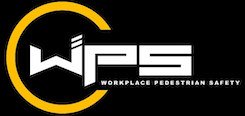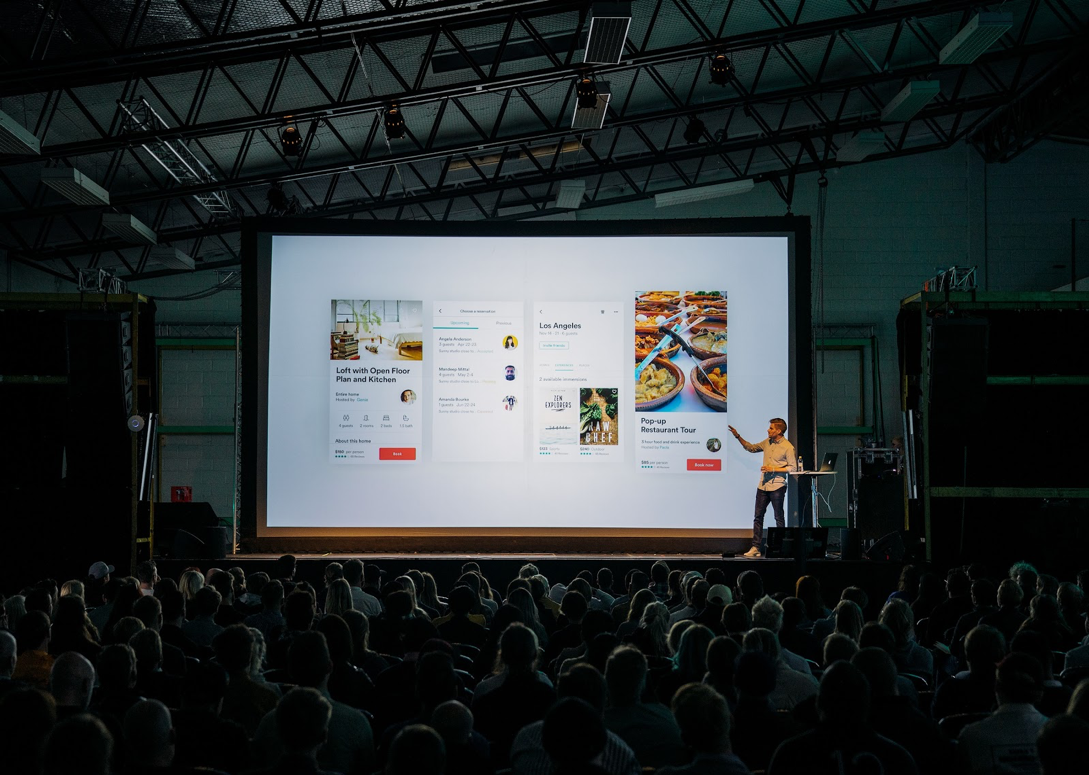From planning and promotion, ensuring there’s ample security, and crowd control barriers, to staging and finally bumping out, event planning is one of the most stressful ventures one can embark upon, but also one of the most rewarding when it goes off just like you’d planned it. However, as anyone who’s tried to plan a commercial event knows, that’s all easier said than done.
Making sure your commercial event goes off without a hitch at best or a serious incident at worst takes a significant amount of planning with the right team and an in-depth understanding of your target audience. In order to ensure your next commercial event is a success, we’ve put together a list of 15 essential considerations to take into account before you start planning your next commercial event.
1. Budget
Before you actually lock in a venue and hire equipment, you should take stock of everything you will need to ensure a successful event so you can calculate a budget. Treat everything you need as a line item, including promotional costs, so you know if you’re going over your budget.
2. Venue
The venue can make or break your event, so choose carefully and choose wisely. Consider whether the venue is council or government-operated and requires a permit and also take into account what kinds of amenities and services are available on-site, such as clean-up or hospitality.
3. Equipment
This is one of the biggest costs you can incur as an event planner, so ensure you have a good idea of what equipment your event requires, such as lights and PAs, and get quotes from a few different vendors so you can compare and choose the best, most cost-effective option.
4. Safety
The single most important aspect of your event will be ensuring the safety and well being of everyone attending and working at your event. There are regulations governing how many security staff need to be at your event and whether police have to be on-site, as well as items like crowd control barriers and access to water.
5. Staff
When calculating your budget and estimating crowd size, factor in how many staff will be required to ensure your event runs smoothly. This includes everyone from hospitality to those working lighting and PA and runners who will be working behind the scenes to make the magic happen.
6. Scheduling
Whether it’s a music festival or a corporate event, attendees will want to know what’s happening and when it’s happening. Lock in times with any vendors or anybody providing entertainment and put together a schedule to be shared with attendees.
7. Promotion
In order to have people attend your event, they need to know about it. Whether you’re going DIY on promotion or engaging an agency, you should have a clear idea of not only how you’re going to promote your event but who you’re going to be promoting it to.
8. Ticketing
It’s important to consider how admittance to your event will be managed. There are many solutions for this in 2019, whether you use an online whitelabel ticketing service such as Eventbrite, a Facebook event page, or a registration form on your own website.
9. Clean-Up
Even after your event is concluded, your work’s not done just yet. Ensure you have a plan in place to get everything cleaned up once your done and your punters have gone home. Some venues will have their own cleaning services, whilst in other cases you may have to organise this yourself.





